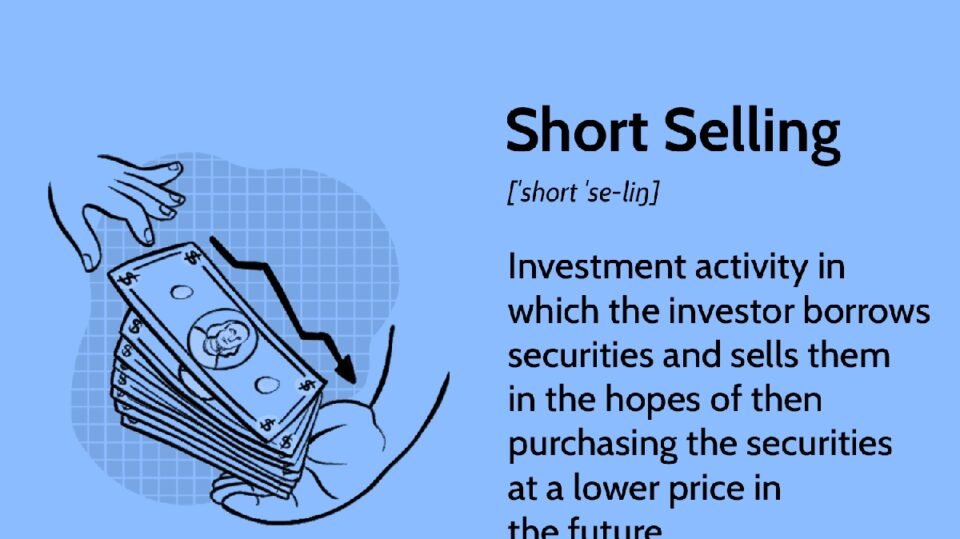Hedge Funds Capitalize on Short Selling Amid Market Volatility

The recent stock market volatility has been a boon for hedge funds, who have capitalized on short selling opportunities with the most-shorted companies. This strategy involves borrowing shares of a stock expected to decrease in value, selling them at current market prices, and aiming to buy them back later at a lower price. The difference is then pocketed as profit. The success of this strategy depends on accurate market predictions and timing, and the New Year period has proven to be a fertile ground for short-sellers.
Short Selling in Prelude Therapeutics
Hedge funds hold a significant stake in Prelude Therapeutics, with their holdings value dropping by 15% last week. With a 33% stake, hedge funds are the largest shareholders, followed by Baker Bros Advisors LP, the CEO, and the general public. Despite the five warning signs for Prelude Therapeutics, hedge funds continue to engage in short selling, leveraging market conditions to generate profits.
Illegal Short Selling in South Korea
South Korea’s financial watchdog found that illegal short selling accounted for over 20% of daily transactions in certain stocks, leading to a ban on all stock short selling through mid-2024. The Financial Supervisory Service stated that these illegal transactions hinder fair pricing and increase short-term volatility. Despite efforts to root out such practices, only a nominal amount of alleged naked short selling was found in four global investment banks.
GameStop Short Squeeze
The infamous GameStop short squeeze in January 2021 provides a stark example of short selling’s potential consequences. The stock price of GameStop soared to over US $500 per share at its peak, causing major financial losses for certain hedge funds and short sellers. Despite the company struggling due to competition and the economic effects of the COVID-19 pandemic, investor Michael Burry’s Scion Asset Management and Ryan Cohen’s investment triggered a stock rally, demonstrating the power of market sentiment and investor influence.
SEC Rules on Short Selling
The SEC has finalized rules requiring hedge funds to report gross short positions in certain stocks at the end of each month, and details on related trading activity. These reports are triggered if a hedge fund reaches a $10 million average short position during the reporting month, or a 2.5% gross short position relative to total shares outstanding. The aim is to bring more transparency to the $3 trillion securities-lending market, a major player in short selling activities.

